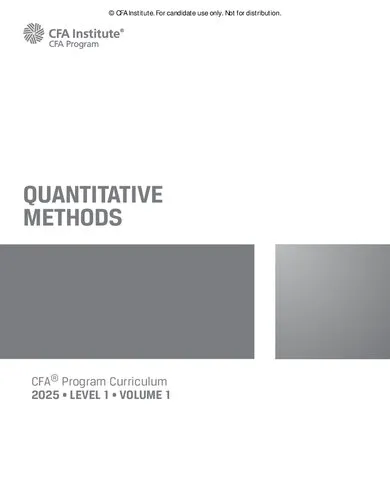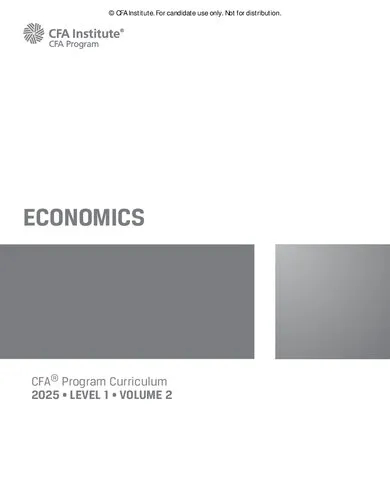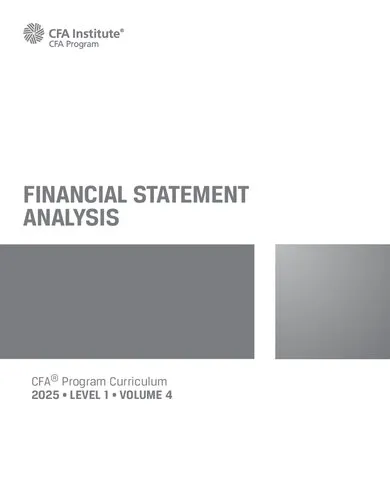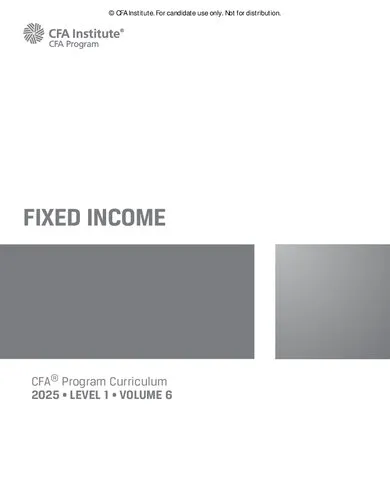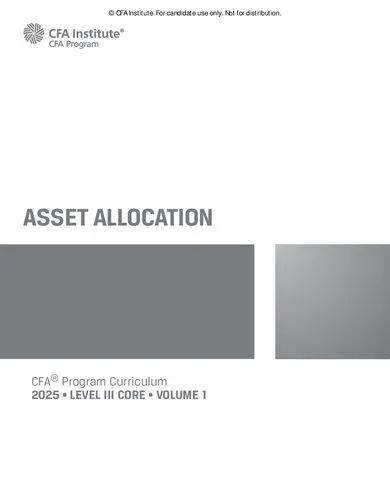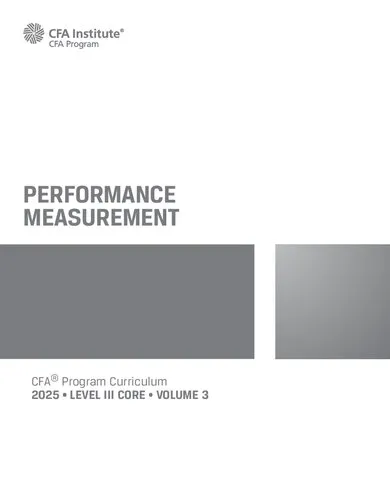Advanced Macroeconomics: An Introduction For Undergraduates
4.7
Reviews from our users

You Can Ask your questions from this book's AI after Login
Each download or ask from book AI costs 2 points. To earn more free points, please visit the Points Guide Page and complete some valuable actions.Related Refrences:
Foreword by Guido Cozzi (University of St. Gallen, Switzerland)Advanced Macroeconomics covers selected topics in advanced macroeconomics at undergraduate level and bridges the gap between intermediate macroeconomics for undergraduates and advanced macroeconomics for postgraduates. By building on materials in intermediate macroeconomics textbooks and covering the mathematics of some classic dynamic general-equilibrium models, this book will give undergraduate students a firm appreciation of modern developments in macroeconomics. This book examines the implications of government policies (such as fiscal policy, monetary policy and innovation policy) and devotes several chapters to economic growth, covering the ideas for which Paul Romer was awarded the Nobel Memorial Prize in Economic Sciences in 2018.Dynamic general equilibrium is the foundation of modern macroeconomics. Chapter 1 begins with a simple static model to demonstrate the concept of general equilibrium. Chapters 2 to 4 cover the neoclassical growth model, exploring the effects of exogenous changes in technology: an important source of business cycle fluctuations. Chapters 5 to 7 use the neoclassical growth model to explore the effects of fiscal policy instruments such as government spending, labour income tax and capital income tax. Chapter 8 develops a simple New Keynesian model to analyse the effects of monetary policy. Chapter 9 begins the analysis of economic growth by reviewing the Solow growth model. Chapters 10 to 12 present the Ramsey model and introduce different market structures to the model to lay down the foundation of the Romer model. Chapter 13 incorporates an R&D sector into the Ramsey model with a monopolistically competitive market structure to develop the Romer model of endogenous technological change. Chapters 14 to 15 examine the implications of the Romer model. Chapter 16 concludes this book by presenting the Schumpeterian growth model and examining its different implications from the Romer model.
Free Direct Download
You Can Download this book after Login
Accessing books through legal platforms and public libraries not only supports the rights of authors and publishers but also contributes to the sustainability of reading culture. Before downloading, please take a moment to consider these options.
Find this book on other platforms:
WorldCat helps you find books in libraries worldwide.
See ratings, reviews, and discussions on Goodreads.
Find and buy rare or used books on AbeBooks.
1399
بازدید4.7
امتیاز0
نظر98%
رضایتReviews:
4.7
Based on 0 users review
Questions & Answers
Ask questions about this book or help others by answering
Please login to ask a question
No questions yet. Be the first to ask!


